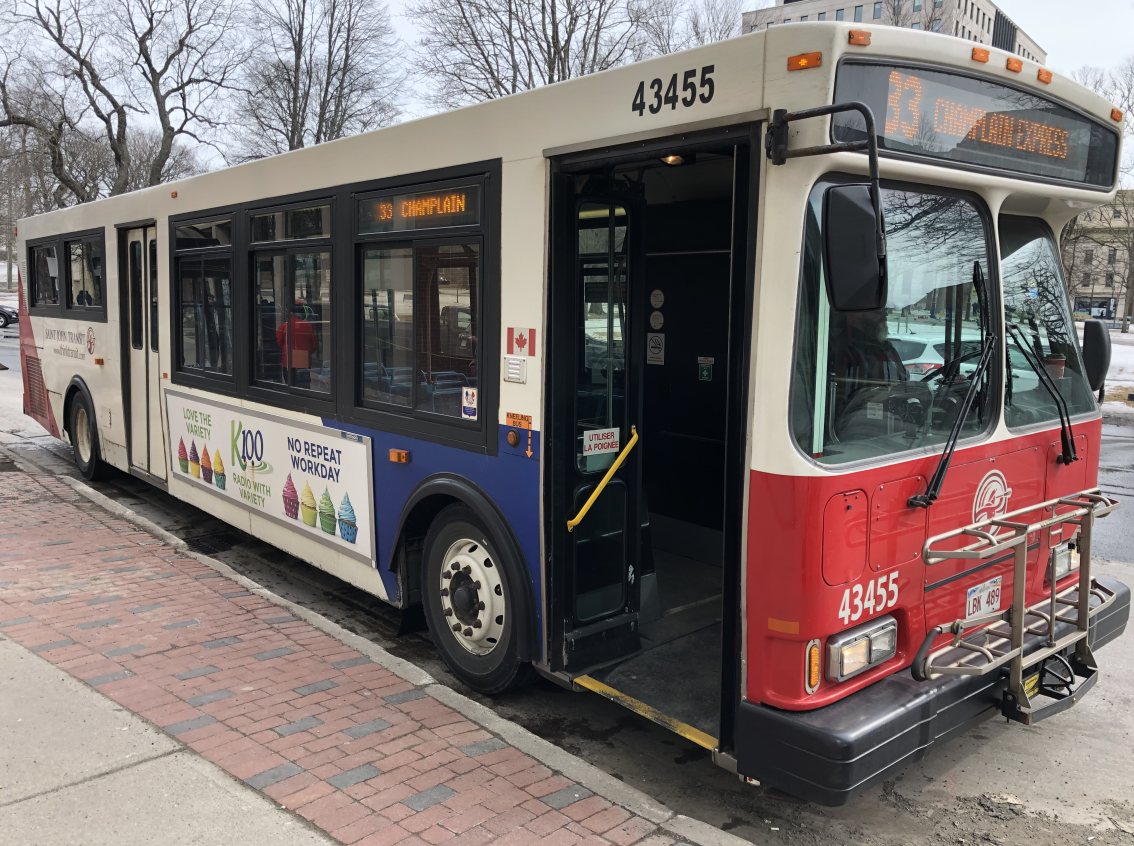Saint John’s Finance Committee is asking the city’s transit agency to halve a forecasted $505,320 deficit.

Ward 3 Councillor Donna Reardon, who sits on the committee, is grappling with that.
On one hand, she understands the need for cost-saving measures.
“We really can’t swing that because we’re basically living hand to mouth with our financial situation right now,” she says.
But she also worries about how possible fare hikes and service cuts could impact the city’s most vulnerable.
“It affects them disproportionately,” says Reardon.
“The lower end of your socioeconomic spectrum, that’s who gets hit the hardest with that. And that’s the group that can least afford to have those changes.”

Saint John is facing deficits of over $10 million in 2021 and 2022 — and transit has been impacted by COVID-19 shutdowns harder than some services.

Get weekly money news
It all adds up to $250,000, the maximum amount the city is asking transit to lose.
Reardon says transit will likely have to operate on a “less-than-barebones” structure at least until 2023, which is the soonest she expects the city to see tax reform.
“I don’t know if your transit system can recover from that,” she says.
Earlier this week, it was learned New Brunswick’s government had left federal money on the table that would have benefited municipal transit.
That, community groups say, was disappointing.
“It’s not a good thing to leave money on the table,” says Randy Hatfield, Executive Director with the Saint John Human Development Council.
“Anytime you degrade a system it becomes harder and harder to restore it.”
The Human Development Council works with transit-dependent residents every day.
Hatfield says increased fares almost always lead to sharp drops in ridership.
Global News reached out to Premier Higgs’ Office for a response but didn’t hear back.








Comments